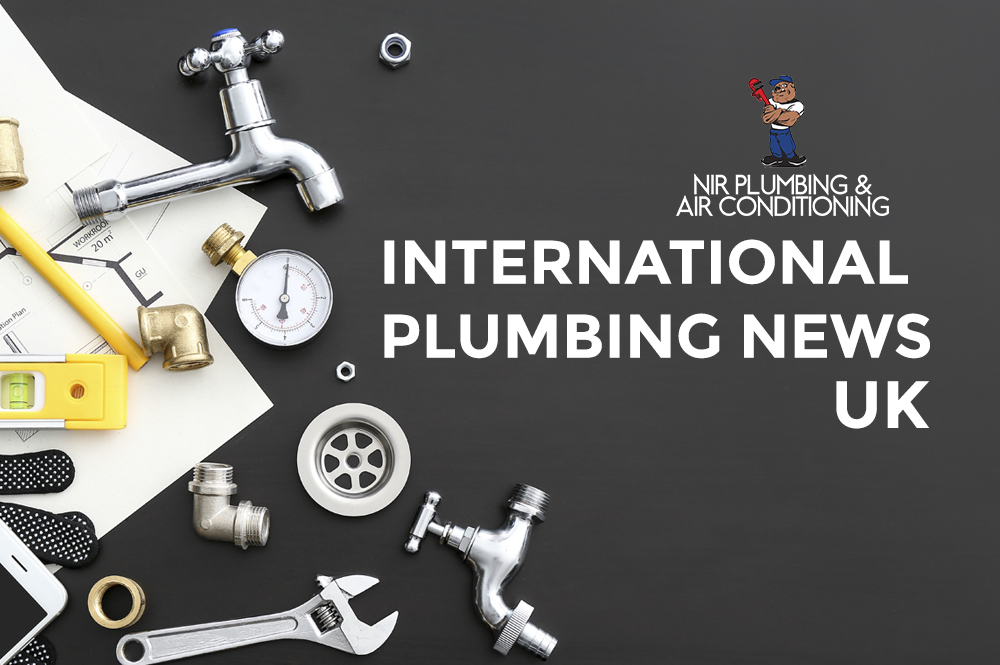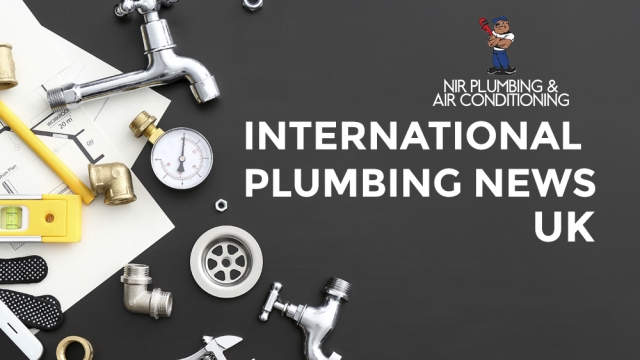Plumbing is an essential aspect of every home, ensuring the smooth flow of water and maintaining the overall functionality of our daily lives. Yet, it’s all too easy to overlook the importance of proper maintenance until a pipe bursts or a drain becomes clogged. In order to prevent the headache and expense of plumbing emergencies, it’s vital to implement a regular maintenance routine. In this plumbing guide, we will explore five tips that will help you keep your pipes flowing smoothly, ensuring a hassle-free plumbing system for years to come.
First and foremost, prevention is key. Regularly inspect your plumbing system for any signs of leaks, cracks, or corrosion. Even the smallest of issues can quickly escalate into major problems if left unattended. Be sure to address any potential issues promptly before they become costly repairs.
Secondly, proper drain care is paramount. Avoid pouring grease, oil, or food scraps down your sinks as they can cause blockages in your pipes. Similarly, use drain strainers to catch hair and other debris in your shower and bathroom sinks, preventing them from clogging your drains. Remember, a little prevention can save you from a significant plumbing headache down the line.
Next, don’t underestimate the importance of regular pipe cleaning. Over time, mineral deposits, debris, and sediment can accumulate in your pipes, leading to restricted water flow and potential blockages. Consider using environmentally friendly pipe cleaners or natural remedies to keep your pipes free from buildup. Additionally, if you live in an area with hard water, a water softener could be beneficial in preventing mineral buildup.
In addition to routine maintenance, it’s crucial to be mindful of what you flush down your toilets. To avoid potential clogs, only flush human waste and toilet paper. Items such as sanitary products, wipes, or cotton balls should never be flushed as they can cause obstructions in your plumbing system. Remember, only waste and toilet paper belong in the toilet.
Last but not least, regular water heater maintenance is essential. Sediment buildup in your water heater can affect its efficiency and lifespan. Consider draining and flushing the tank annually to remove any accumulated sediment. This simple task can enhance the efficiency of your water heater, saving you money on energy bills and extending its lifespan.
By implementing these five tips and adhering to a regular maintenance routine, you can keep your plumbing system in excellent shape and avoid costly repairs. Remember, a proactive approach to plumbing maintenance will not only save you money but also ensure the comfort and convenience of your home. So, make plumbing maintenance a priority and enjoy the peace of mind that comes with a smoothly flowing plumbing system.
Regular Inspection
Regular inspection is a crucial aspect of plumbing maintenance. By consistently checking your plumbing system, you can identify and address potential issues before they develop into major problems. Here are some tips to help you conduct thorough inspections:
-
Visual Examination: Start by visually inspecting all visible pipes, fittings, and connections in your home. Look for signs of leaks, corrosion, or damage such as damp spots, discoloration, or rust. Pay attention to joints and seals as they are common areas for potential leaks.
-
Check Water Pressure: Assessing your water pressure is essential to maintain the efficiency and integrity of your plumbing system. You can use a pressure gauge to measure the water pressure at different faucets and fixtures. Inconsistent or excessively high pressure may indicate an underlying issue that needs attention.
-
Check Drainage Performance: Slow or clogged drains can be a sign of a blocked or damaged pipe. Test the drainage performance of sinks, showers, and toilets to identify any potential issues. Listen for gurgling sounds or observe water pooling in sinks or tubs, as these may indicate blockages within the drainage system.
Regular inspections not only help prevent costly repairs but also ensure the longevity of your plumbing system. By staying vigilant and addressing potential problems early on, you can maintain the smooth and efficient functioning of your pipes.
Continue reading for more tips on plumbing maintenance in the upcoming sections.
Proper Drain Care
Maintaining your drains is crucial for the overall health of your plumbing system. Neglecting proper drain care can lead to clogs, blockages, and costly repairs. To ensure your pipes keep flowing smoothly, follow these essential tips:
-
Regularly Clear Debris: Keep your drains free from debris by removing any visible build-up. Use a drain strainer to catch hair, food particles, and other objects that can cause blockages. Empty the strainer regularly and dispose of the trapped debris properly.
-
Avoid Pouring Grease: Grease and fats may seem harmless when poured down the drain, but they can solidify and create stubborn clogs over time. Instead, allow fats to solidify in a container and dispose of them in the trash. This simple step can help prevent major plumbing issues.
-
Flushing with Hot Water: Regularly flushing your drains with hot water can help dislodge any grease or grime that may have accumulated. Pouring boiling water into the drain once a week can be an effective technique to maintain the cleanliness and functionality of your plumbing system.
By following these drain care tips, you can prevent blockages and maintain the efficiency of your plumbing system. Keep in mind that proper drain maintenance is an essential component of overall plumbing care, saving you time, money, and unnecessary headaches in the long run.
Preventing Freezing Pipes

-
Insulate Pipes: Proper insulation is crucial in preventing pipes from freezing. Make sure to insulate exposed pipes, especially those located in unheated areas such as basements, attics, or crawl spaces. Insulating sleeves or tape can be easily applied to provide an extra layer of protection and keep the pipes warm.
-
Seal Cracks and Gaps: Seal any cracks or gaps near pipes that may be letting cold air in. Check areas around windows, doors, and foundation walls for any openings that need to be filled. By keeping the cold air out, you can minimize the risk of freezing pipes.
-
Maintain Indoor Temperature: Ensure that the indoor temperature is consistently above freezing. During colder months, it’s important to keep the heat on even when you’re away from home. Setting the thermostat to a minimum of 55°F (13°C) can help prevent freezing pipes. Additionally, opening cabinet doors under sinks can allow warm air to circulate around the pipes, further reducing the chances of freezing.
Remember, preventing frozen pipes is crucial to avoiding potential water damage and costly repairs. By taking these proactive measures, you can keep your plumbing system running smoothly throughout the winter season.


